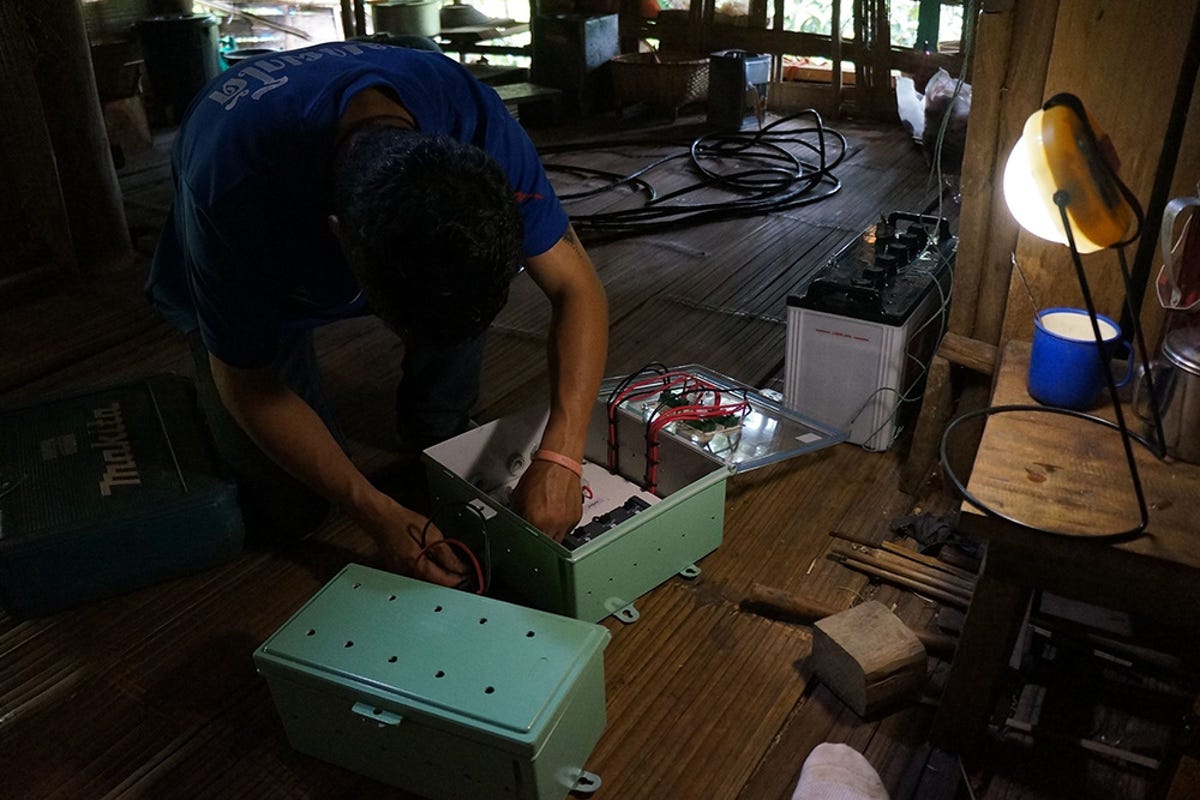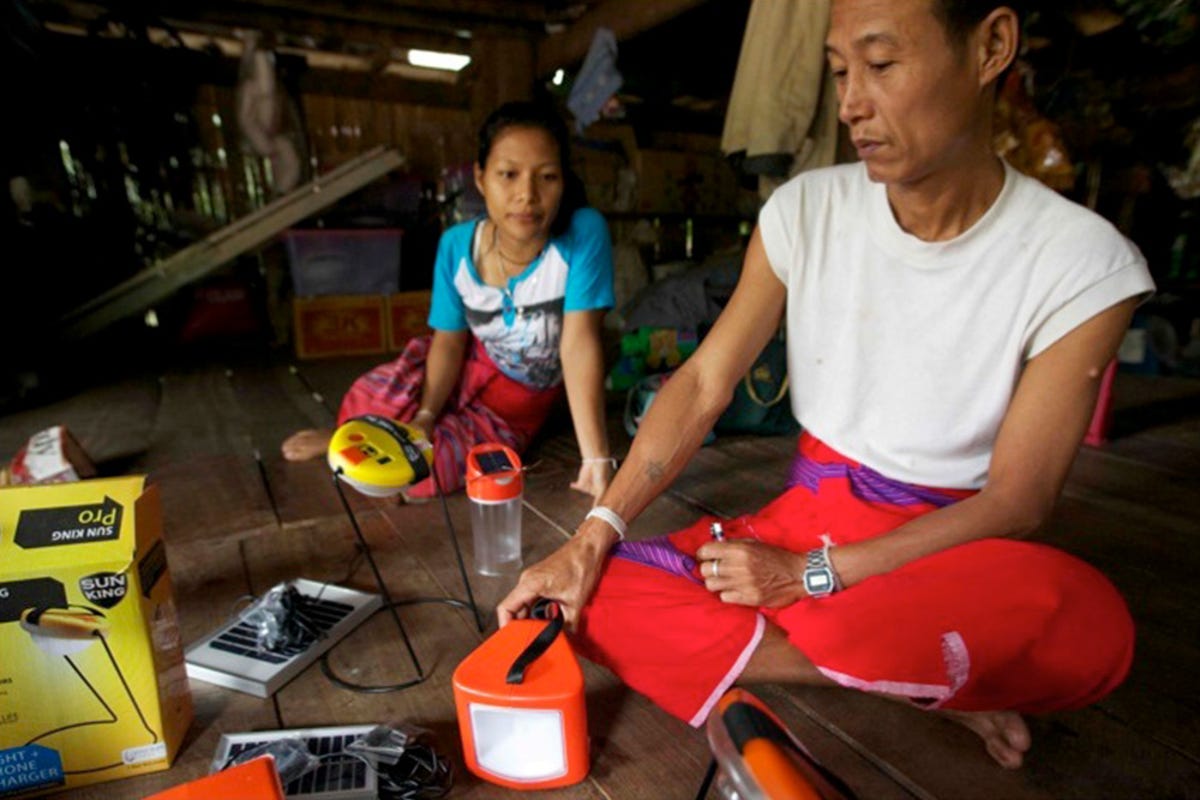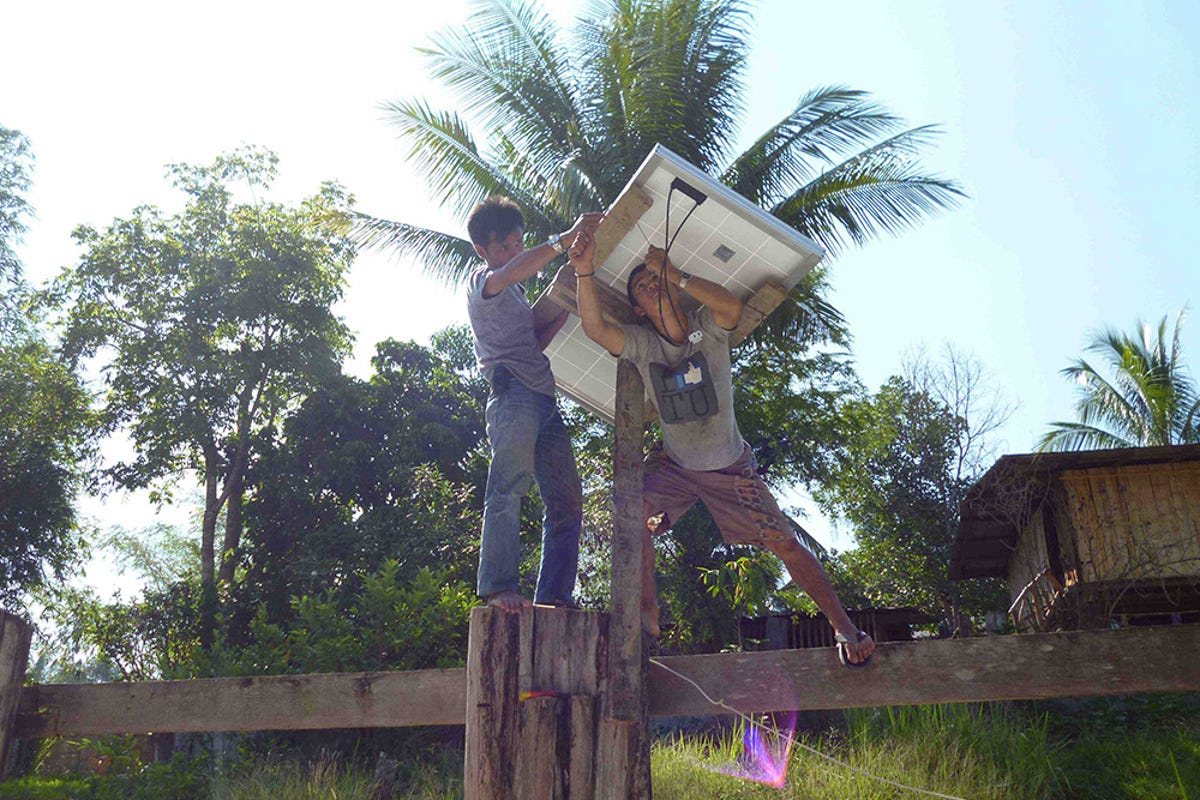Fellow Portrait
Salinee Tavaranan
SunSawang
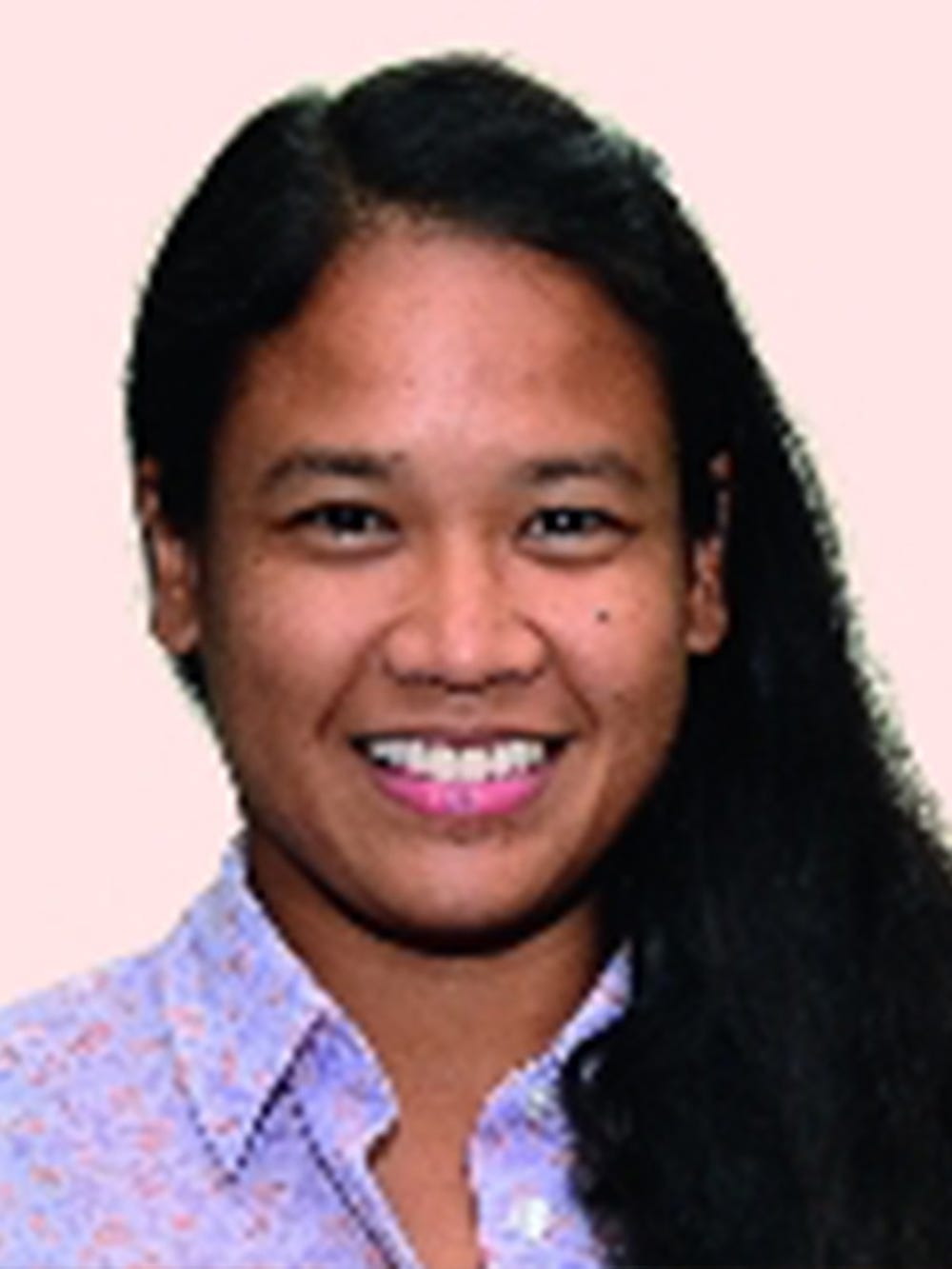
Distributes solar energy systems to remote populations off the grid.
South Asia and Central Asia
THAILAND
Fellow
2014
Salinee Tavaranan, 36, CEO and founder of SunSawang Company Limited, knew early on she wanted to help people. ‘My father suggested I study medicine, but I enjoyed building things and fixing machines, so I chose engineering.’ After completing her bachelor’s in mechanical engineering in Thailand, Salinee went on to study solar energy engineering in the US. ‘I was interested in renewable energy in particular, because it makes sense to think about resources that have unlimited capacity.’ Upon completing her studies, Salinee returned to Thailand to work for Border Green Energy Team (BGET), an NGO with experience training villagers in the installation and maintenance of renewable energy systems.
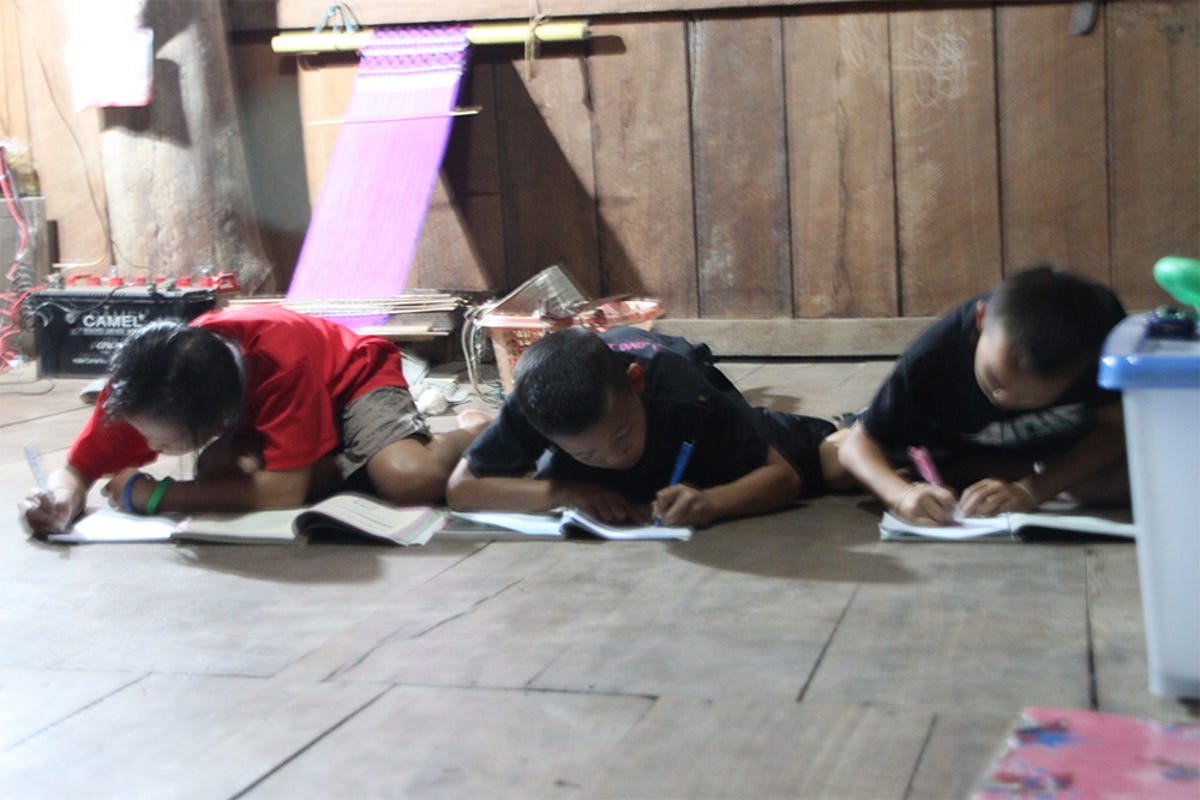
Off the grid
In 2004, the Thai government decided to use solar home systems to bring electrification to households off the national grid. Almost 300,000 of these systems were installed in remote areas. However, due to a lack of maintenance, the United Nations Development Programme found that, only a few years later, over 80% of the systems were no longer in use. ‘In most cases, the basic system components – batteries, control boxes, etc. – can no longer be operated due to a lack of proper maintenance, whereas the photovoltaic panels, which are by far the most costly component of the system, are still in working order,’ says Salinee. In 2011, BGET launched a pilot programme, providing 300 people with equipment and maintenance services. ‘We saw that people were willing to pay if they got a good product and service. That’s how the business idea came up. I set up SunSawang in March 2013.’
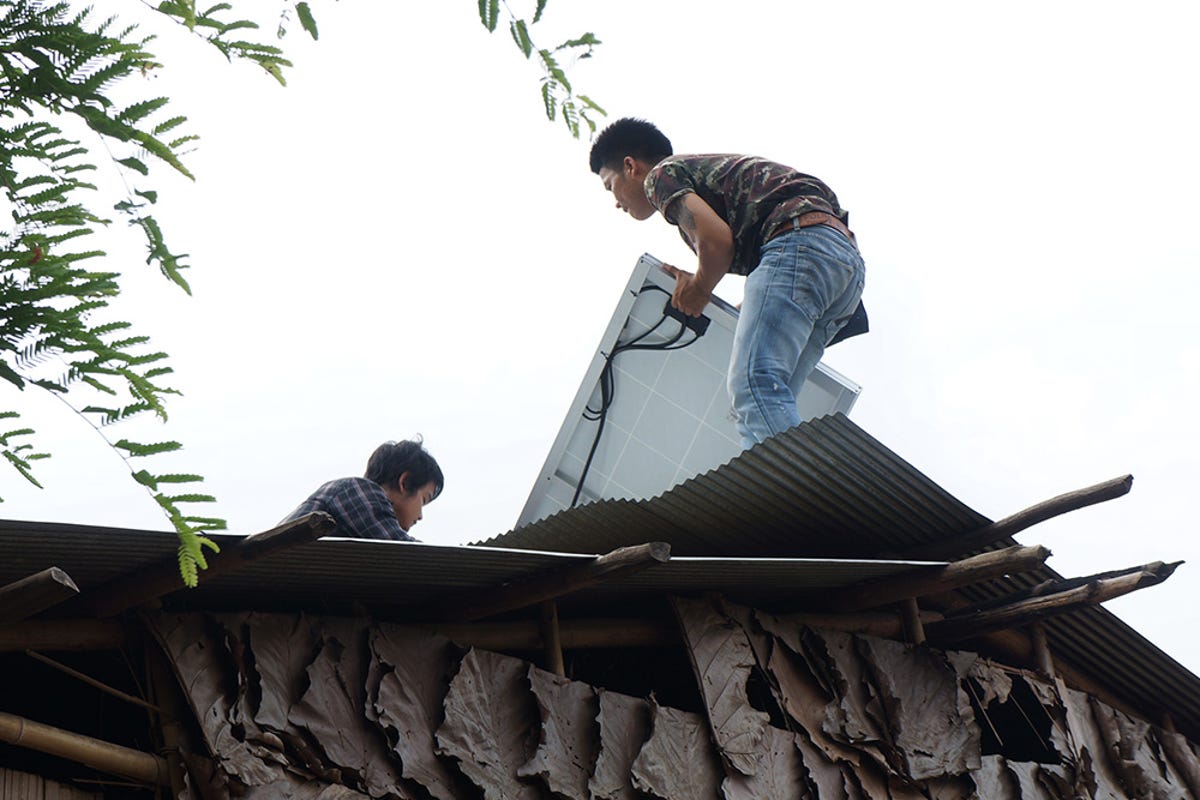
Local and sustainable
As Salinee puts it, ‘SunSawang links an unmet need with unused resources.’ Its products and services include a solar lantern that doubles as a mobile phone charger, which costs US$65, new solar home systems, and retrofitting or maintenance packages for the old government-installed solar panels. The company has built a sustainable model around recruiting and training local technicians to perform maintenance. ‘These trusted locals are also responsible for collecting the fees,’ says Salinee. SunSawang grants five-year payment plans to SunSawang’s customers, whose mean annual income is an estimated US$800. ‘Over its lifespan, a solar panel is much cheaper compared to the candles or kerosene people use now,’ Salinee points out. Solar lighting is also of course much healthier and fume-free.
SunSawang currently focuses on serving remote areas of the Tak region along the Thai-Burmese border, which are not likely to be connected to the national grid in the near future – rich forestation and national parks make installation works complicated. At present the company needs to raise funding to supply more households and is in discussions with GDF-Suez, who is waiting for a co-investor to come on board. Looking ahead, Salinee sees good potential to take her products and services across the border to Burma. She is also interested in offering cheaper products to increase access to energy and therefore development. 25% of SunSawang’s customers report increased earnings since they moved to solar power.
